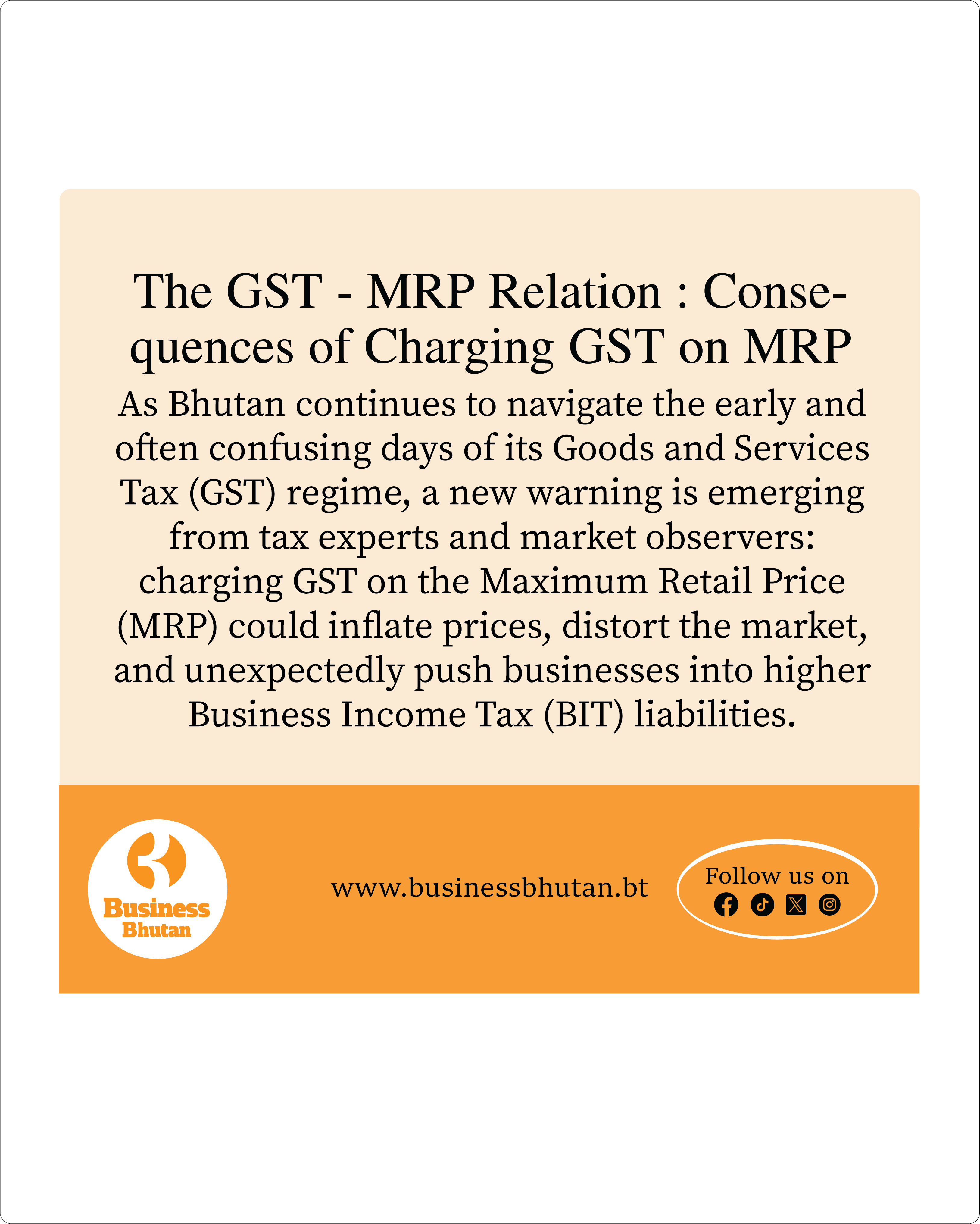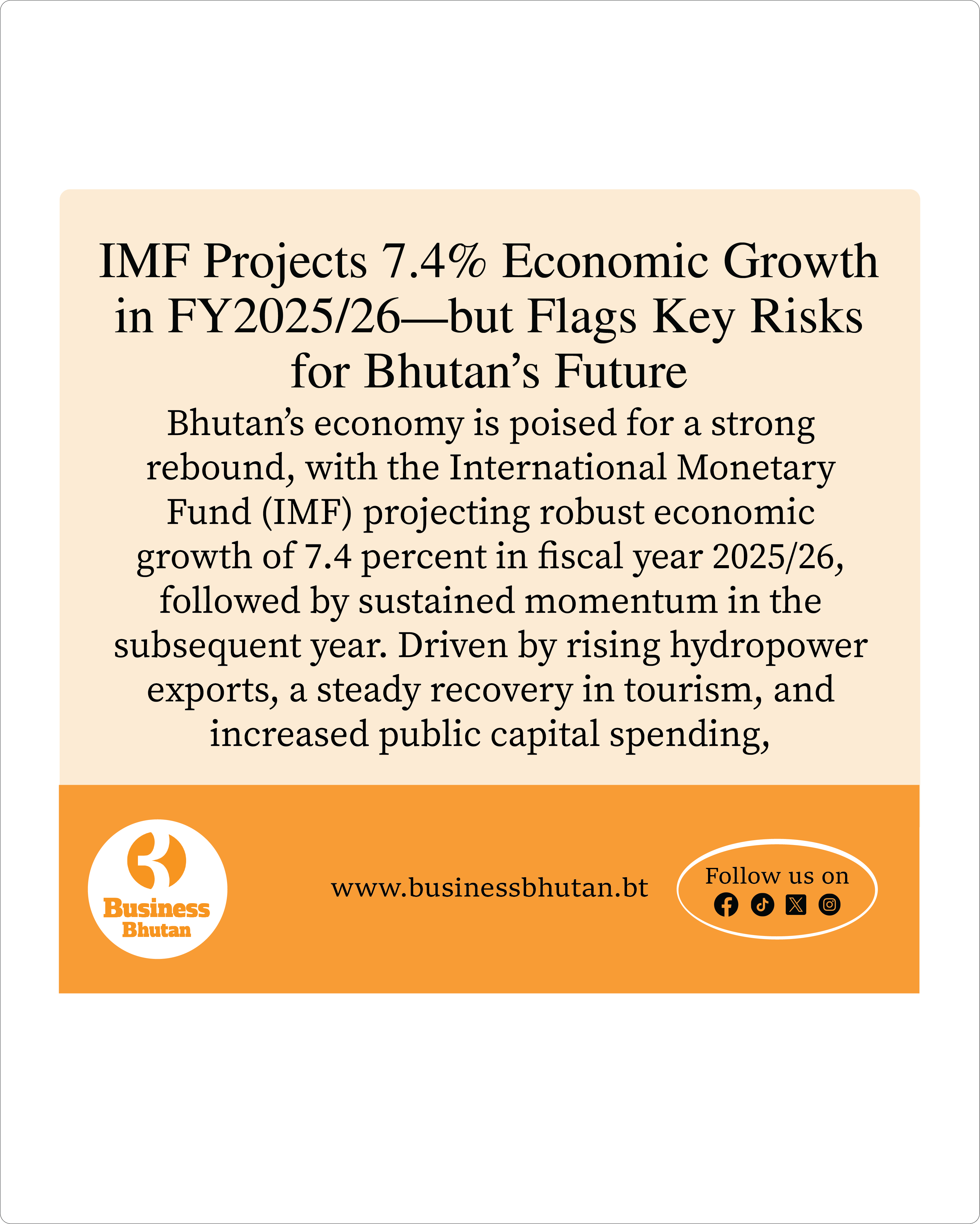The Competition and Consumer Affairs Authority (CCAA) is intensifying efforts to combat pyramid schemes amidst the ongoing economic crisis. One of the most pressing concerns is the potential compensation for investors, especially those who did not recruit down-line members.
The CCAA acknowledges the difficulty in compensating victims due to the covert nature of these schemes, the vast number of individuals involved, and their international scope. However, if a complainant can prove genuine deception, identify their recruiter, and demonstrate that they did not recruit others, the CCAA may attempt to mediate for compensation.
An investor shared that they were encouraged by an up-line member to invest in PUTH, believing it was an authentic scheme. After discovering it was fraudulent and that the Department of Trade had canceled its license following a CCAA investigation, the investor expressed regret. “We were told it’s an authentic business and that we didn’t need to recruit down-line members. It is not fair if we are not refunded,” the investor said.
Decisive action against PUTH Group
On May 8, the CCAA took decisive action against the Puth Group, labeling it a pyramid scheme. The investigation revealed that the scheme focused primarily on recruiting new members rather than generating revenue through legitimate business activities. The CCAA found that the scheme was designed to deceive people by promising unrealistic returns on investment and deemed it fundamentally unsustainable and prone to collapse, ultimately leaving investors without the promised returns.
Robust measures to combat pyramid schemes
In a concerted effort to curb the spread of pyramid schemes and protect investors, the CCAA is implementing robust measures. It has recently investigated several high-profile cases, including the notorious PUTH Group, and has warned the public about other schemes like Enveer and Q-Net.
Actions against deviant license holders
Businesses identified as pyramid schemes face severe repercussions. Once the CCAA declares a business illegal, it requests the Department of Trade to cancel the business license and impose penalties under the Trade & Industry Rules, 2023. The recent actions against the Puth Group set a precedent for strict enforcement against license abuse.
Complaints and investigations
Although the CCAA has not received direct complaints from participants of the PUTH Group scheme, the investigation was initiated based on informal reports from social media and word-of-mouth. The CCAA remains vigilant and is ready to forward non-compliance cases to the Royal Bhutan Police (RBP) for further action.
Legal recourse for victims
Investors and down-line members are not barred from taking legal action against up-line members. Historical precedents show that some victims have successfully taken their recruiters to court. “Pyramid schemes are illegal in Bhutan, and nothing bars investors from filing a case against the up-line members,” the CCAA told Business Bhutan. This remains a viable option for those seeking justice.
Ongoing investigations and public warnings
The CCAA is actively investigating Enveer’s business model and has issued public warnings against participation. Similarly, a notification on August 26, 2022, identified Q-Net as a pyramid scheme and advised the public to avoid involvement. Persistent operators of these schemes will be referred to the RBP for legal action.
Economic impact
The proliferation of pyramid schemes has significant economic implications. Funds invested in these schemes typically benefit the founders, who are often based outside Bhutan, leading to an outflow of money from the country. This exacerbates the financial strain on households unable to recoup their investments, thereby contributing to the ongoing economic crisis.
Preventive measures
To prevent illegal investments, the CCAA emphasizes public education on the risks of pyramid schemes. Despite awareness of these risks, the lure of quick riches continues to attract participants. “Unfortunately, despite knowing the risks and that such schemes may be illegal, people still join with the aim to get rich quickly,” the CCAA said. The CCAA uses various platforms, including social media, TV, print media, and advocacy programs, to disseminate information. The public is encouraged to consult the CCAA when encountering suspicious schemes or contemplating participation.
The CCAA’s efforts to combat pyramid schemes are a crucial part of safeguarding the economy and protecting consumers. By enforcing strict penalties, educating the public, and facilitating legal recourse, the CCAA aims to mitigate the harmful impact of these schemes and foster a more secure investment environment.
By Sangay Rabten, Thimphu
















